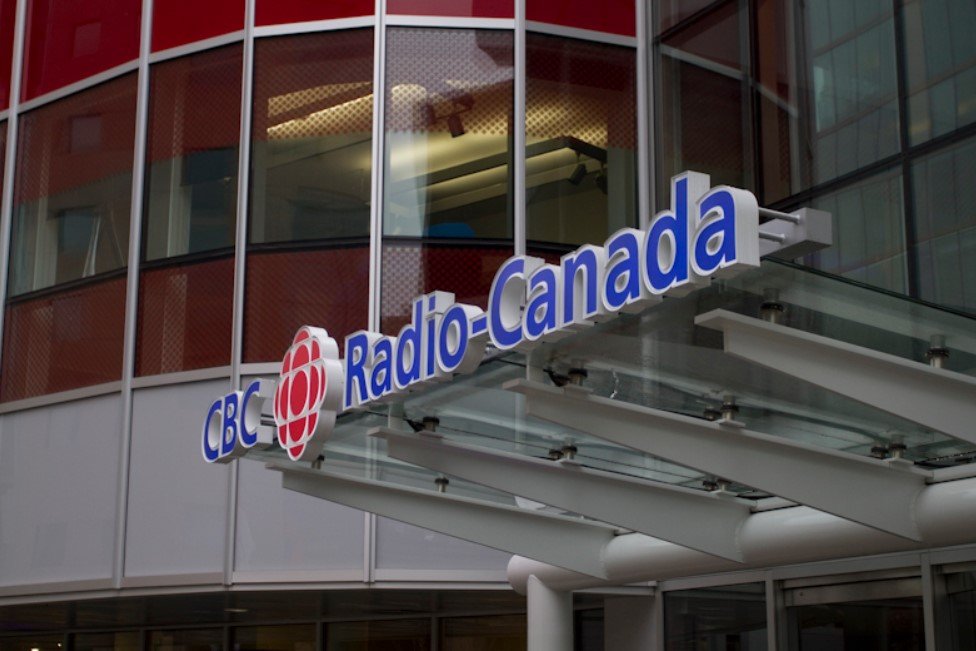CBC/Radio-Canada, the public broadcaster of Canada, has announced its first national Indigenous strategy, which aims to improve its representation and service of Indigenous peoples across the country. The strategy, which was revealed on Monday at the Canadian Museum for Human Rights in Winnipeg, outlines a three-year plan to increase the diversity and inclusion of First Nations, Inuit, and Métis perspectives and voices in the broadcaster’s content and workforce.
A New Indigenous Office to Lead the Strategy
The strategy will be led by a new Indigenous office, which will be headed by Robert Doane, a Gitxsan journalist and the senior director of the strategy. The office will oversee the implementation and evaluation of the strategy, and will work closely with the Indigenous advisory council, which consists of Indigenous leaders and experts from various fields and regions. The office will also collaborate with the Indigenous communities and organizations, as well as the CBC/Radio-Canada’s regional and national teams, to ensure the alignment and integration of the strategy.
The Indigenous office will have a budget of $10 million per year, which will be used to fund various initiatives and projects related to the strategy. The office will also have a staff of 15 people, who will be based in different locations across the country, and will report to the executive vice-president of CBC/Radio-Canada.

A Three-Year Plan to Achieve Four Goals
The strategy has four main goals, which are:
- To better reflect, respect, and amplify diverse Indigenous perspectives and experiences in the broadcaster’s content and platforms.
- To increase the representation and retention of Indigenous employees at all levels and roles in the broadcaster’s workforce.
- To strengthen the relationships and partnerships with Indigenous communities and organizations, and to support their media and storytelling capacities.
- To foster a culture of learning and accountability within the broadcaster, and to ensure the adherence to the best practices and standards for Indigenous journalism and storytelling.
To achieve these goals, the strategy has outlined a three-year plan, which includes the following actions and targets:
- To create and produce more original and relevant content that showcases the diversity and richness of Indigenous cultures, languages, histories, and issues, and to increase the presence and participation of Indigenous guests, experts, and contributors in the broadcaster’s programs and platforms.
- To allocate 10 per cent of the broadcaster’s programming budget to Indigenous content by 2026, and to ensure that at least 50 per cent of the Indigenous content is created by Indigenous producers and creators.
- To hire and train more Indigenous journalists, producers, hosts, and managers, and to provide them with mentorship, career development, and retention opportunities.
- To increase the proportion of Indigenous employees in the broadcaster’s workforce to 5 per cent by 2026, and to ensure that they are represented in all levels and roles, especially in leadership and decision-making positions.
- To establish and maintain regular and meaningful dialogue and consultation with Indigenous communities and organizations, and to support their media and storytelling initiatives and projects, such as the Indigenous Screen Office, the Indigenous Media Fund, and the Indigenous Voices Awards.
- To develop and deliver a comprehensive and mandatory training program for all employees on Indigenous cultures, histories, issues, and protocols, and to update and revise the broadcaster’s policies and guidelines for Indigenous journalism and storytelling, in accordance with the Truth and Reconciliation Commission’s calls to action and the United Nations Declaration on the Rights of Indigenous Peoples.
A Response to the Calls for Change and Reconciliation
The strategy is a response to the calls for change and reconciliation from the Indigenous peoples and the broader society, who have been demanding more representation and recognition of Indigenous peoples in the media and the public sphere. The strategy is also a reflection of the broadcaster’s commitment and responsibility to serve and inform all Canadians, and to contribute to the reconciliation and healing process in the country.
The strategy has received positive feedback and support from various Indigenous leaders and representatives, who have praised the broadcaster for its initiative and vision, and have expressed their hope and expectation for the strategy’s success and impact. The strategy has also been welcomed and endorsed by the federal government, which has pledged to provide the necessary funding and resources for the strategy.
CBC/Radio-Canada is the first national public broadcaster in the world to launch a national Indigenous strategy, which sets a precedent and an example for other media organizations and institutions. The strategy is a historic and ambitious undertaking, which aims to transform the broadcaster’s culture and practice, and to enhance its representation and service of Indigenous peoples. The strategy is a step towards a more inclusive and respectful media landscape, and a more diverse and informed public discourse.
